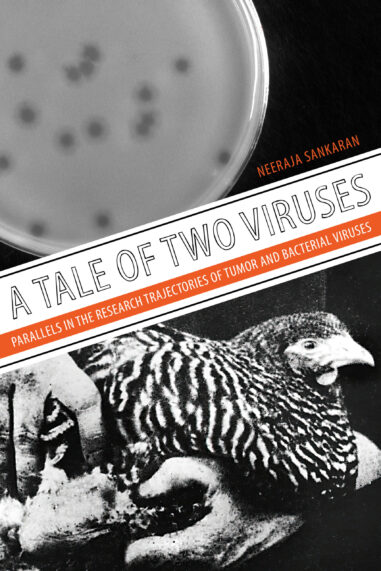In 1965, French microbiologist André Lwoff was awarded the Nobel Prize in Physiology or Medicine for his work on lysogeny—one of the two types of viral life cycles—which resolved a contentious debate among scientists about the nature of viruses. A Tale of Two Viruses is the first study of medical virology to compare the history of two groups of medically important viruses—bacteriophages, which infect bacteria, and sarcoma agents, which cause cancer—and the importance of Lwoff’s discovery to our modern understanding of what a virus is. Although these two groups of viruses may at first glance appear to have little in common, they share uniquely parallel histories. The lysogenic cycle, unlike the lytic, enables viruses to replicate in the host cell without destroying it and to remain dormant in a cell’s genetic material indefinitely, or until induced by UV radiation. But until Lwoff’s discovery of the mechanism of lysogeny, microbiologist Félix d’Herelle and pathologist Peyton Rous, who themselves first discovered and argued for the viral identity of bacteriophages and certain types of cancer, respectively, faced opposition from contemporary researchers who would not accept their findings. By following the research trajectories of the two virus groups, Sankaran takes a novel approach to the history of the development of the field of medical virology, considering both the flux in scientific concepts over time and the broader scientific landscapes or styles that shaped those ideas and practices.


